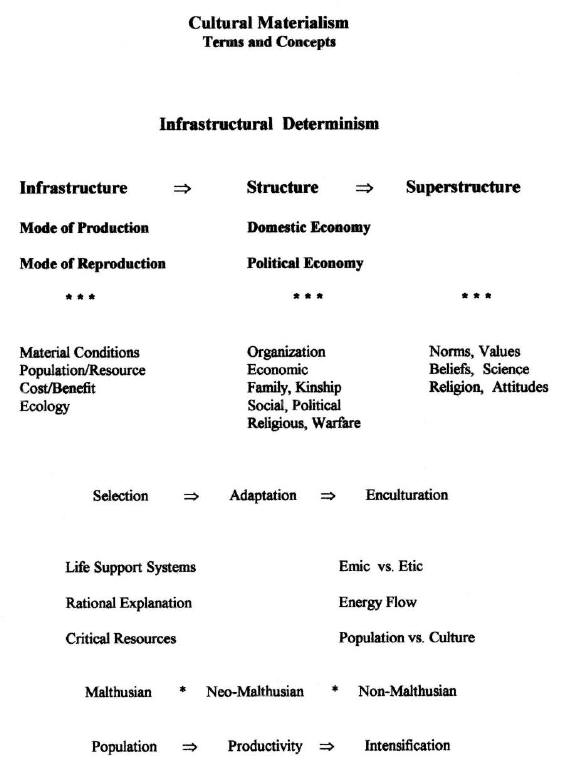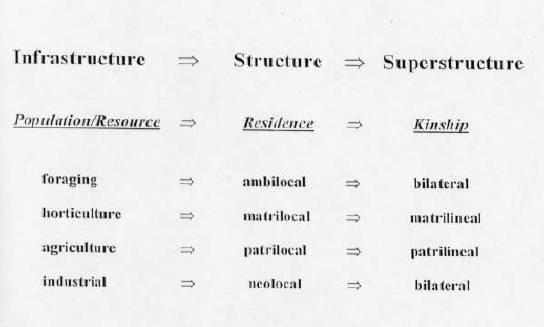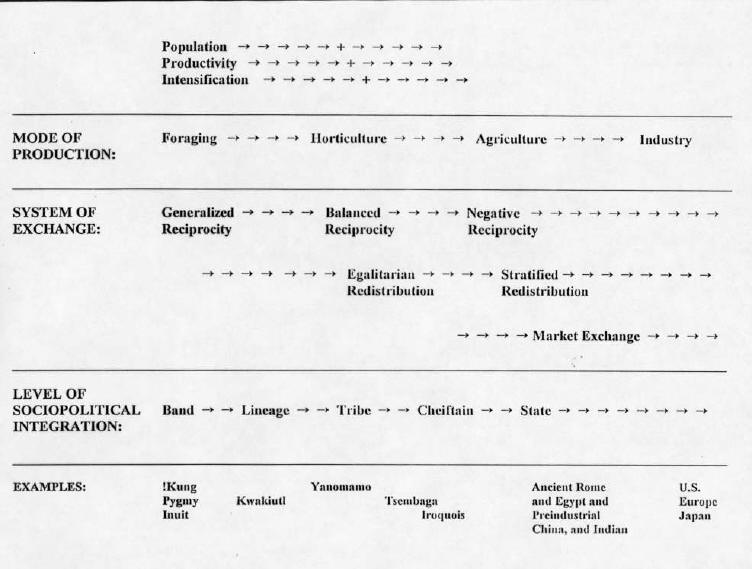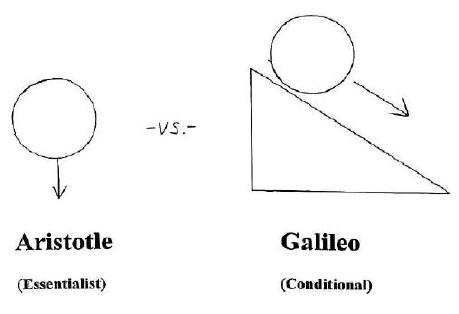

|
"A concern with knowing the world, rather than advocating a view of the world because it confirms some political, ideological, or religious project, has always been fundamental to scientific philosophy." --Lawrence Kuznar (1997)
|
|
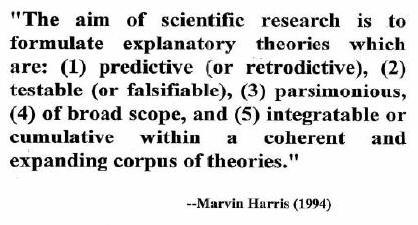
|
Requirements of
Scientific Explanations
1. Major concepts must be definable in terms of observed phenomena. --empirical referent 2. Specific phenomena under investigation and the relationships among them must be measurable. --operational definitions 3. Inferences and abstractions should be based on objective criteria and involve generally agreed-upon criteria. --intersubjectivity
4. The relationships among the various elements included in an analysis should be testable and refutable. --falsifiability
|
|
|
Scientific Method (Critical Thinking)
Concepts and Ideas
“Science is Sciencing” Science as Process
Science and Skepticism Science vs. Pseudoscience
Technical vs. Social roles of scientific theories “Politically Correct”
Empirical Referents and Operational Definitions emic vs. etic
Explanans and Explanandum “Given a, ... Then b."
Prediction vs. Prophesy Null Hypothesis
Observations vs. Inferences Validity vs. Reliability
Occam’s Razor Uniformitarian Principle
Independent Lines of Evidence “More or less Confidence"
Aristotelian vs. Galilean explanations Essentialist vs. Conditional
"A constant cannot explain a variable."
Measurable -- Testable -- Falsifiable
Assumptions -- Propositions -- Hypotheses -- Conclusions
Scientific explanations are:
1. Empirical 3. Tentative 5. Useful 2. Rational (logic) 4. Conditional 6. Counterintuitive
|
|
|
|
|
* * * * *
FBI
Hate Crime Statistics
1995 1996 1997 1998 1999 2000 2001
Total 8,433 10,706 9,861 9,235 9,301 9,430 9,239
White 4,991 4,892 4,523 4,045 4,092 4,111 6,054
(75%) (59.2%) (45.7%) (45.9%) (43.0%) (44.0%) (43.5%) (65.5%)
Black 2,253 1,258 1,157 958 947 1,021 1,885
(12.3%) (26.7%) (11.8%) (11.7%) (10.3%) (10.2%) (10.8%) (20.4%)
Unknown 615 2,211 3,858 3,877 3.973 3,339 758
(7.3%) (20.7%) (39.1%) (42.0%) (42.7%) (35.4%) (8.2%)
____________________________________________________________________________
* * * * *
Muhlenberg College Environmental Studies Program

By assuming that an environmental crisis exists (the word "crisis" is mentioned twice in the program's description), is the environmental Studies Program at Muhlenberg "assuming the consequent" (see Sagan, "The Fine Art of Baloney Detection")? How might this bias influence the way in which issues are addressed in courses taught within the Environmental Studies Program? Is today the first time that humans have encountered environmental problems? Have "crises" been claimed in the past? If so, how did human populations adapt to those "crises"? What are the implications of assuming that a "crisis" exists, rather, for example, than examining current environmental issues from a less emotionally charged evolutionary point of view? What can we learn from an examination of previous human responses to environmental problems, and how can this knowledge be applied to current issues? (While we have no data on the future, we have considerable data on the past that we can learn from.) What theoretical models best explain what happened in the past, and how can these models be applied to examine the present situation? How is our knowledge of environmental issues limited by an approach which assumes that the present ecological situation is unique?
Muhlenberg College Women's Studies Program

The Women's Studies Program at Muhlenberg states that it adopts a feminist approach to the study of women's issues. By adopting one specific approach to the analysis of all issues related to women, don't women's studies programs inherently bias the way in which those issues will be examined. Isn't this the same as examining the history and teachings of Christianity from an exclusively Roman Catholic point of view? Isn't a predetermined bias an example of "assuming the consequent", and isn't it likely to lead to a "observational selective" in its use and presentation of data? Are such programs likely to present non-feminist explanations in an objective and unbiased way? Are they likely to examine and test feminist hypotheses against other competing explanations, or are they more likely to defend feminism in the face of competing theories of gender relations? How does this accord with Kuznar's quote? Also, are Women's Studies programs open to rejecting feminism in the face of better explanations, or are they more likely to defend feminism against competing theories which explain the data better than feminist theories in the same way that Catholic theologians would oppose superior explanations which contradict Catholic teaching? Furthermore, is it realistic to discuss gender issues from the perspective of one sex, or is it better to examine gender-related issues from a systemic perspective that does not just focus on one sex? How is an approach which focuses on the interests of just one sex more likely to lead to a selective use of data and a restricted consideration of alternative hypotheses and explanations? Finally, what is the likelihood that any "Studies" program which focuses on one specific social group (sex, race, ethnic, etc.) is going to become a promotional program, advocating and defending the interests and self-serving ideology of that group, as opposed to being an objective examination of issues related to that group?
Vassar College Sociology Courses
|
Sociology 280b. Domestic Violence: Intimate Betrayal, Social Condonement
This course provides a general overview of the prevalence and dynamics of domestic violence in the United States and its effects on battered women. We examine the role of the Battered Women's movement in both the development of societal awareness about domestic violence and in the initiation of legal sanctions against it. We also explore and discuss, both from a historical and present day perspective, ways in which our culture covertly and overtly condones the abuse of women by their intimate partners. (emphasis mine)
|
Does the description of the above course indicate that the issue of domestic violence is going to be examined from a biased or unbiased perspective? Has this faculty member already determined that abuse is unidirectional: by men against women? What of the research which shows that domestic violence is perpetrated by both men and women and is present in both gay and lesbian partnerships? How likely is it that this teacher is going to approach the data objectively vs. how likely is it that she is going to promote and defend a particular view of domestic violence: one which almost exclusively presents men as perpetrators and women as victims? Is this social science? Does the approach meet the criteria laid out above by Kuznar?
|
Sociology 384b. Black Marxism
The growth of global racism suggests the symmetry of the expansion of capitalism and the globalization of racial hierarchy. In this context, global racism works to shatter possibilities for solidarity, distort the meaning of justice, alter the context of wrong, and makes it possible for people to claim ignorance of past and present racial atrocities, discrimination, exclusion, oppression, and genocide. By concentrating on the works of Black Marxist intellectuals, this course will examine the discourse of confrontation, and the impact of Black Marxist thought in contributing to anti-racist knowledge, theory, and action.
|
How does the above course "assume the consequent"? In what ways does the course description indicate the preconceived biases of the teacher and the limited perspective that will likely be adopted. The course is listed as a "Sociology" course, making it a social science course. How likely is it that this course will meet the minimum standards of "science"? To the extent that course in sociology, anthropology and the other social sciences don't meet the minimum standards of science, is it reasonable to consider them social science courses. and is it reasonable to consider the larger disciplines as legitimate social sciences? Should they be considered social studies courses and disciplines instead?
* * * * *
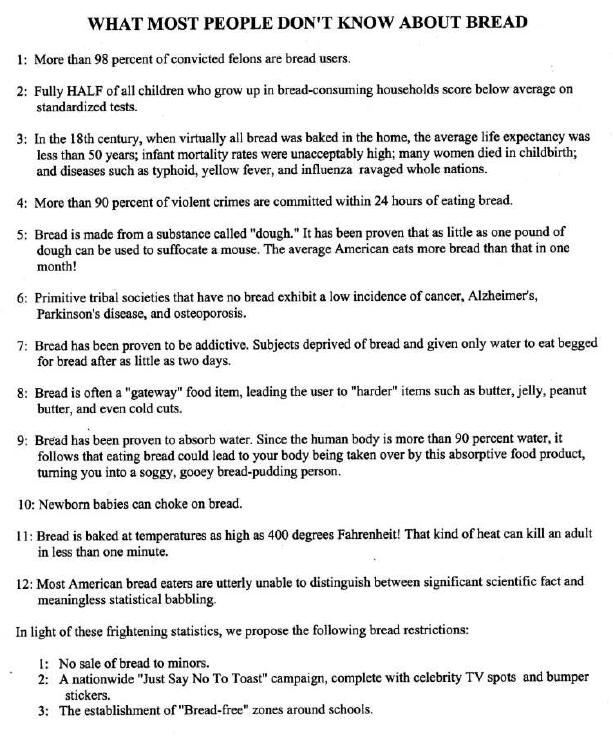
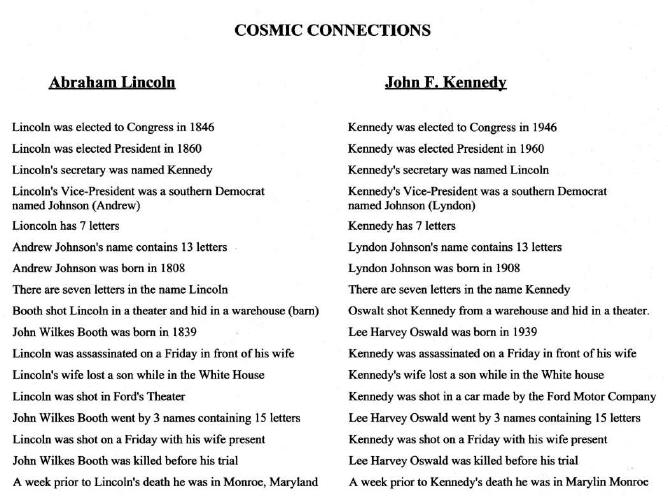


|
|
|

* * * * *
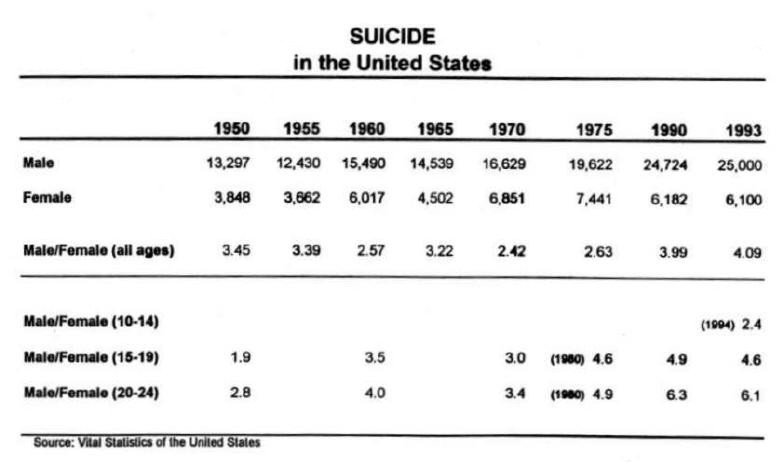
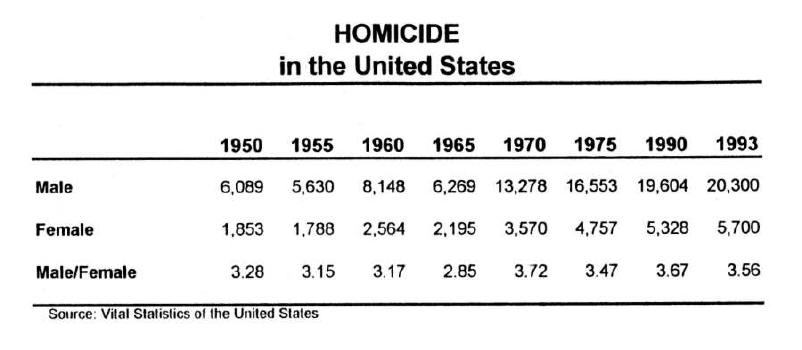
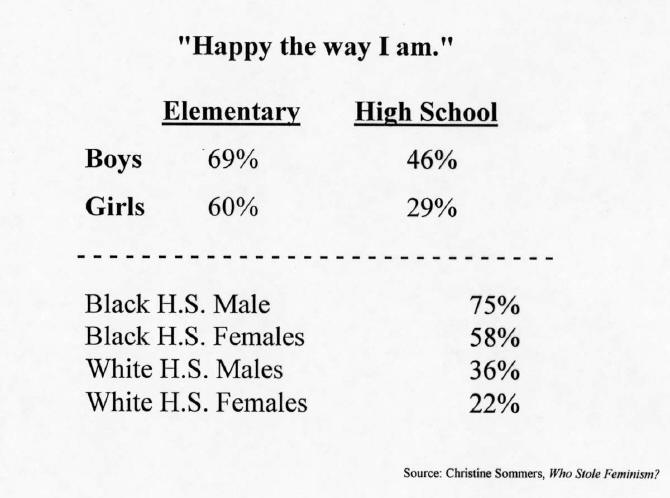
* * * * *
